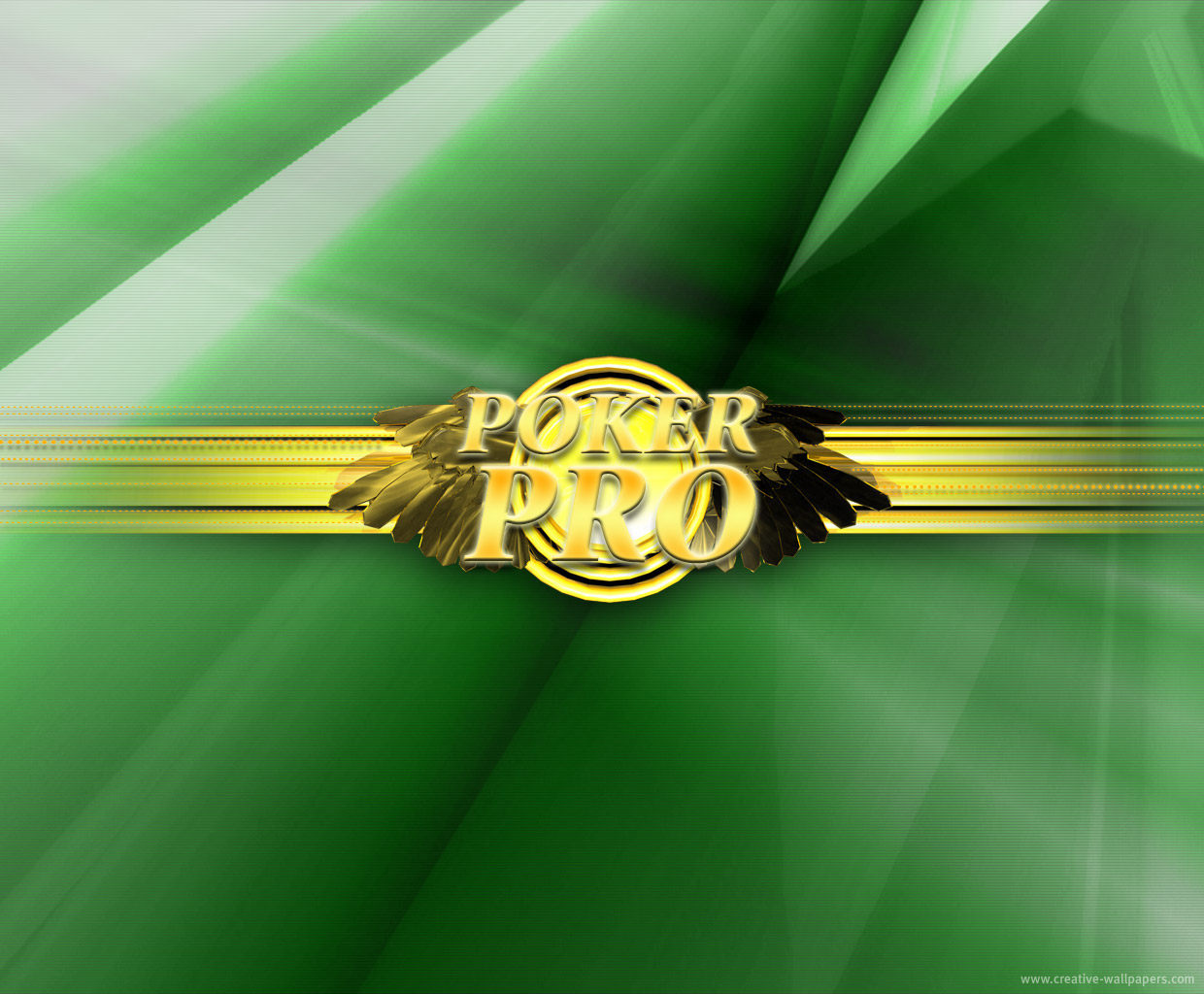 This article is a material for reflection and discussion for those who are thinking to become professional poker.
This article is a material for reflection and discussion for those who are thinking to become professional poker.Article from blog of Yves OWL ' Bouchard, of www.poker-solution.com
This article is a material for reflection and discussion for those who are thinking to become professional poker.
I was itching to write on this subject for a long time. I simply did not know where to start. Playing golf with very good friends to the country this week, the discussion at the dinner has turned towards Tiger, other PGA pros, our pros québécois, and all the wannabees. Ultimately, in any field, there are similarities. In Quebec, there are hundreds, or even thousands of golfers who can hit a ball 300 yards and more. In all the clubs, there are a few players who play under the by regularly. There are almost all played hockey. We know almost all talented guys who have never had the career intended them. And yet, in all these examples, the talent was undeniable.
For a few years now, I have the chance to rub elbows with the majority of the pros of Quebec, or at least to have played or worked with them. In the case of André Boyer, of Isabelle Mercier, Éric Cajelais (one of the 3 only with whom I did not play), Philippe 'the crazy' Boucher, of Nicolas 'The Prince' Forrester, there nothing to complain about. These people play, play and play again; they have made it their profession and they live well with their decision. The beautiful more, in my opinion, is that these people add mostly to our knowledge and do not hesitate to help their colleagues, with their tips or by radiation they bring Quebec Poker simply. This article will therefore speak not these great professionals. I want to talk about hundreds of local pros that few people know about. And more specifically bizarre problems they encounter.
Like golf or hockey, a multitude of young people discover poker and find uncommon fascination. The combination of chance and science, magic of the bluff or good reading, the boost of adrenaline by a good 'read', all this combined with great confidence in oneself brings a lot of new players to adopt the poker as a new hobby. Many of them have what it takes to become professional and, therefore, draw a satisfactory income. And yet, the vast majority, after a year, vivotera Poker or simply abandons.
The mathematics of poker are simple. A player who plays 4-6 tables of no limit 100, rather easy to beat, limit will reap easily 30-$40 per hour. While playing 35 hours per week, one speaks of a $ 1000 per week. By adding bonuses or rakeback, by removing taxes and savings in RRSPS, it still enough to live very well. Should come to the conclusion that playing poker for a living is required. However, in practice, it doesn't happen. After a few months, the majority of the new pros are questioning. The former hobby became a job. The new hobby? There is not, due to time constraints. The job is not as easy as we thought! Since that time we play, it was entitled to our share of bad beats, bad weeks, and of course questions. In theory however, a schedule of 35 hours per week is really reasonable. Anyone having gone his own company will tell you: the weeks of 35 hours, is like a vacation. A player who starts a career expected to hit much longer hours, question to mount a better working capital fund.
Why then have they abandoned? Mystery! The majority of those I know have a lot of misery to play enough; they can spend several days, even several weeks, without playing a single hand; disillusioned, tanned, mentally weakened by variance or their new lifestyle, they are struggling to motivate herself, even more to remain. I can tell you that the vast majority of these new pros have a similar profile: they are much more intelligent than the average, were starving and thirst for success. They usually poorly made the transition between the hobby poker and poker-work. They do not have to get up, and they do not. They do not have to lie, and ofcourse do not more. The outputs with their group of friends declined, household contacts also. Nothing nasty or negative, just one of those things that happens with a new style of life. Beyond the glamour, the life of poker player is not easy; poker is played alone, often at a computer, without support, especially during the most difficult periods. Accustomed to play 200 to 300 hands per hour, the player realizes quickly that the live game is not so exciting. Instead, with its 30 hands per hour, it is more a handicap than a relaxing, more a nuisance than a pleasant session. Quickly, the fun disappears, the taste of playing decreases.
I think that there is something else, but I don't know what it is. Personally, I'm lucky. My talent is mixed, but I was able to identify the significant gains. When I quit my job, I quickly realized that my game was more faults than good points. I was however time to get better, and my goals were modest. I now have a wonderful set-up for play in nature, with ducks as only spectators. The fact of having discovered Everest Poker as site didn't hurt, obviously. I however have a lot of misery to see both players full of talent into her snatch.
I sincerely hope that this small article and comments it will generate will enable existing professionals to find comfort in the knowledge that they are not alone. Most important, they are better that they believe. Finally, it will probably help some future wannabees better prepare to make the jump. Poker, golf, hockey, everything is played between the two ears. Only the strong survive, and this is even more true than anything we can imagine.
Good poker!
Questions or comments on this article?Click here.




